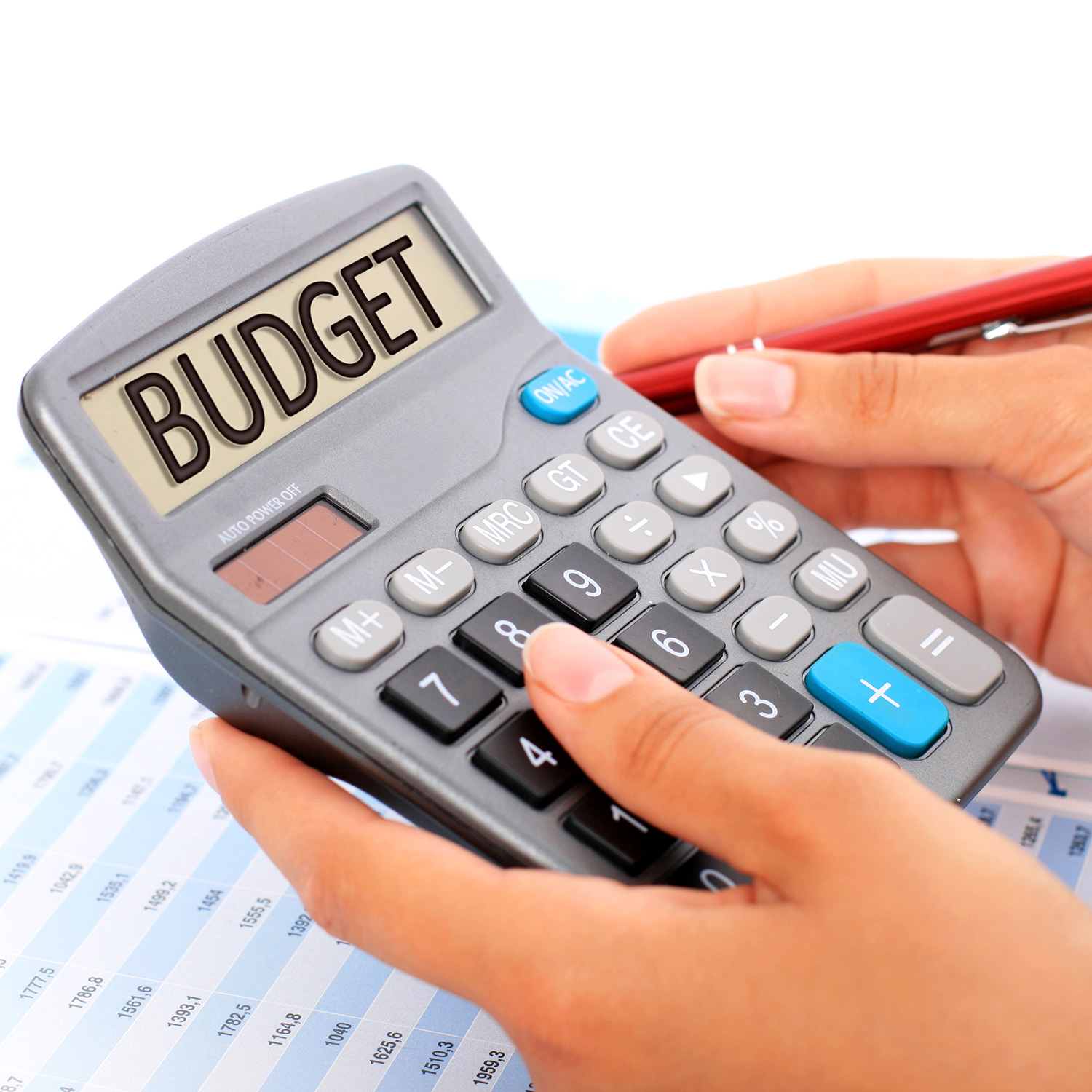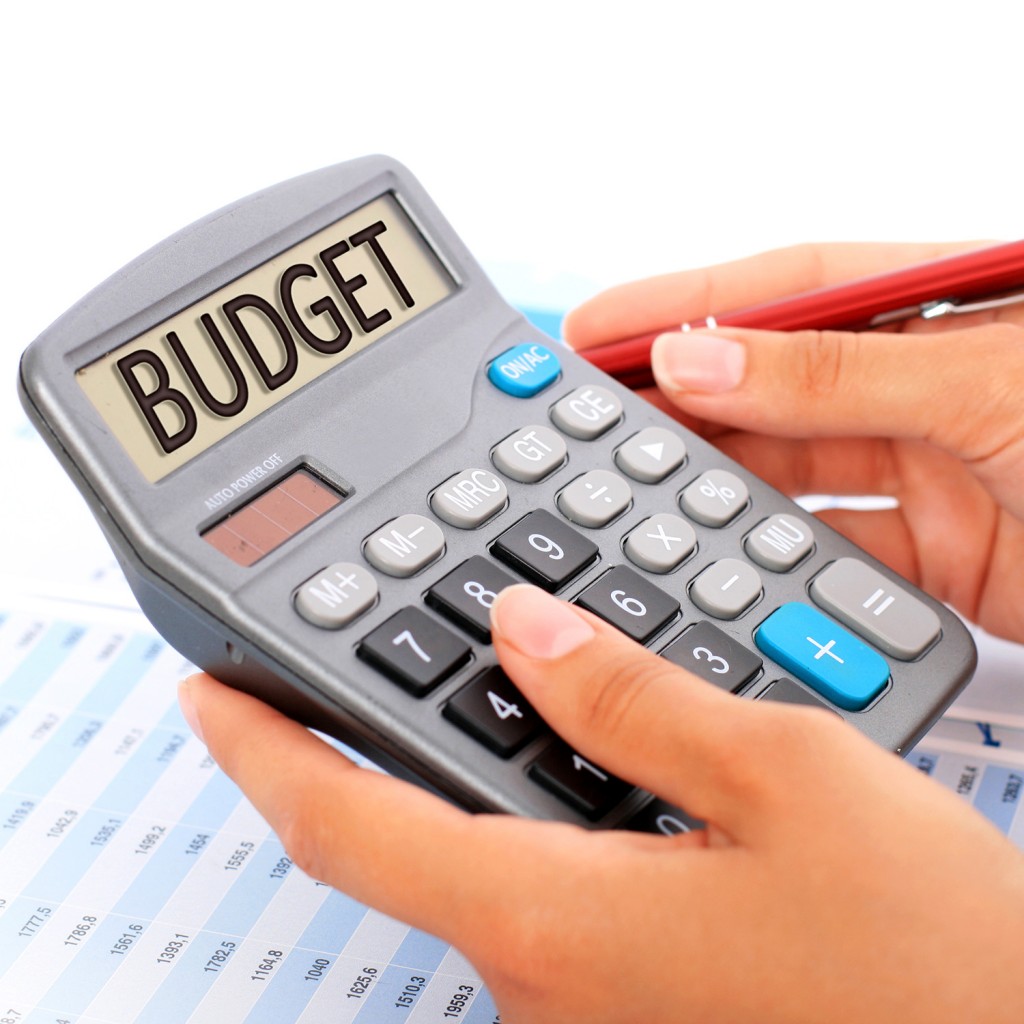Tips On How to manage your living costs


“It is important to know exactly what bills and financial commitments you have to pay for at the end of each month. This can easily be done by making up a budget which will give you an understanding of how you need to spend your money,” says Eunice Sibiya, Programme Manager of FNB’s Consumer Education division. “Tracking your monthly expenses is extremely useful if you are unaware of your spending habits. This will help you make sure that you do not spend without careful planning and only spend on things which are set out in your budget. Taking a look at your bank statement each month or keeping a diary with all your purchases could help.”
In order to better understand your living expenses you can group them into four different categories. These are:
- Essential costs, which include expenses which you need to pay in order to survive, e.g. food, shelter and transport
- Fixed costs, costs which remain the same on a monthly basis, e.g. a loan repayment, school fees, rent/bond, etc
- Discretionary costs, costs which you chose to spend money on once you have covered your essential and fixed costs, e.g treating yourself to a new pair of shoes, or fast food take-aways
- Variable costs, costs which differ from month to month, e.g. telephone bills, electricity bills, transport, groceries, etc.
“An area to look at in reducing your living costs is to review your discretionary and variable costs. For example, limit the amount of time you spend on your phone and rather send sms’s. This will decrease your phone bill or the amount you spend on airtime and free money that you can spend in other areas. Discretionary costs such as impulsive shopping or spending on unbudgeted luxuries should also be avoided. If you would like to treat yourself, plan for it and put it into your budget,” Eunice advises.
When making bigger purchases it is also important to know when to buy goods on credit and when to pay cash. If you would like to buy an item on credit, make sure you find out from the retailer how much the cost of buying on credit will be. Remember that you have to factor in interest and insurance if you buy on credit. After making these calculations, you may find that it is cheaper to save up for something rather than entering into a credit agreement. Consider only taking out credit for more expensive items such as a bed, fridge or a washing machine. These items will last long after you have finished paying them off. Paying for items such as food on credit is not a good idea, because you will need more before you have paid them off which could lead you into a debt trap.
If you decide to buy a house, you will also need to think about a number of things before you make a decision. You will need to make sure that your monthly earnings allow you to buy the house you choose and whether your monthly spend on needs and wants will leave you with enough money to pay off your bond. Remember that as the interest rate changes your repayments will either increase or decrease, so make provision for these changes by choosing a house that you can still afford should you need to pay a little extra at the end of the month. You also need to budget for rates and taxes, home owners insurance, household/ contents insurance and regular maintenance of your property.
Keep in mind that saving for a deposit will also be useful in terms of the loan amount that you need to ask for from your bank. The bank will only allow you to take out a loan for a certain amount, usually about 30% of your earnings, which helps to make sure that you do not over indebt yourself. Other expenses such as moving costs and registration fees must also be considered.
The same applies if you buy a car. Be aware of the extra costs that may be involved with your purchase. Do your research before choosing a car to make sure that you are buying the right car for your needs and that you are not paying too much for the vehicle. If you own a shop for instance, it may be a better to compare prices for a bakkie which can help you transport your goods. Also think of the areas where you could save on your purchase, such as the extras in the car, (sun roof, leather seats), which you may not really need, or whether to buy your car second hand or brand new. Like buying a house, you should also keep in mind that monthly repayments will fluctuate according to the interest rate and you should make sure that you are able to make your repayments should you face an increase.
“There are many things that we can do on a daily basis to spend our money in a smarter way. It needs time, good panning, discipline, and a little bit of practice, but once you understand your spending habits and have a good budget, managing your monthly costs and finances will become second nature,” Eunice concludes.




